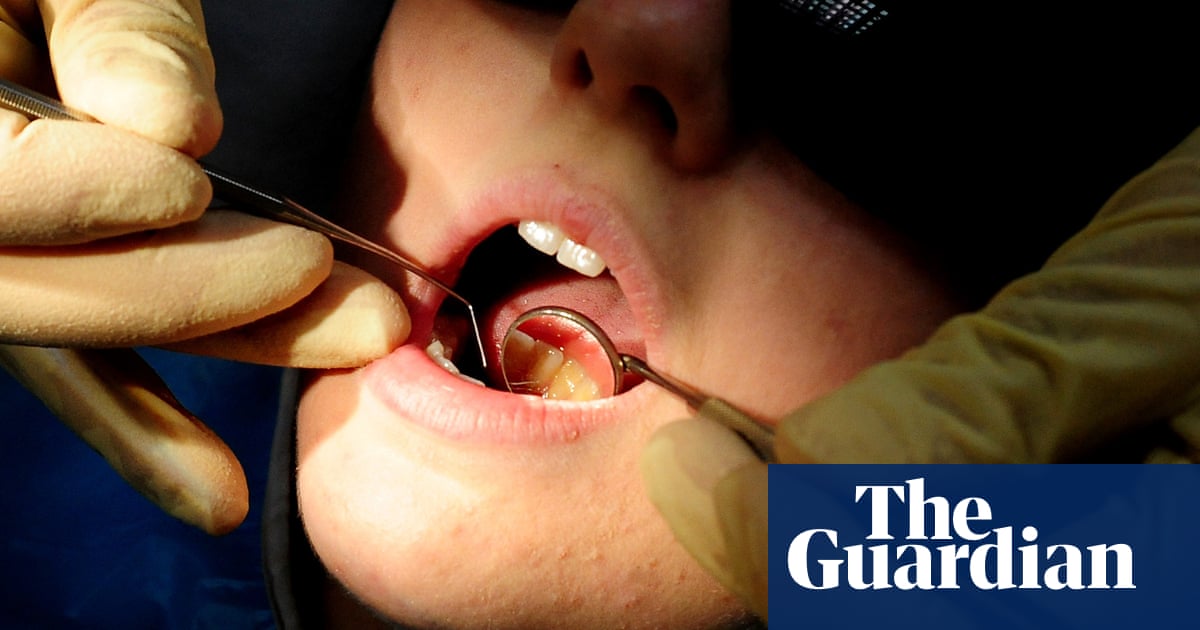
Brussels is preparing to make concessions over Northern Ireland but has warned Lord Frost ahead of a key meeting that the EU’s “patience is wearing thin” over the UK government’s repeated failure to fulfil its obligations.
In response to claims from the Brexit minister in recent weeks that the bloc had been insufficiently flexible, EU officials pointed to a series of decisions by Downing Street that had eroded trust while signalling that it was prepared to bend on some issues.
Construction on border control posts at ports in Northern Ireland had been halted in defiance of previous agreements, it was claimed by EU officials on Monday, while promises to establish tracing systems to ensure that British-made goods do not enter the Republic of Ireland had not been kept.
It was further suggested that the UK’s preference for “confrontation” over finding solutions to ease tensions in Northern Ireland offered Brussels little hope that Frost was serious about making the post-Brexit arrangements work.
Frost’s counterpart in Brussels, Maroš Šefčovič, warned the UK not to unilaterally extends the grace period in the Northern Ireland protocol beyond its expiry at the end of this month. Writing in the Telegraph, the European Commission’s Brexit commissioner said: “If the UK takes further unilateral action … the EU will not be shy in reacting swiftly, firmly and resolutely to ensure that the UK abides by its international law obligations.”
Despite the bubbling frustration, Brussels will this week put pressure on the UK to change tack by publicly offering to go beyond EU law to ensure the undisrupted supply of British-approved medicines.
There will also be a derogation from EU law to permit people with guide dogs to travel unencumbered by paperwork to the rest of the UK and solutions to avoid rabies and tapeworm controls for those returning with their pets from Great Britain.
“We’re investing considerable energy to find solutions with the UK and we have done so for months,” said an EU official. “The EU has been patient. But the EU’s patience is wearing thin, and if this continues, we will have to consider all the tools and all the options that are available to us.”
The difficult atmosphere comes as the US president, Joe Biden, is expected to express concerns to Boris Johnson at the G7 summit over the impact of the dispute on peace in Northern Ireland. It is hoped in Brussels that White House pressure could still force a new approach from Downing Street.
But moves open to Brussels, if that fails to transpire, include referring the UK to binding arbitration, which could lead to financial sanctions or the suspension of parts of the Brexit withdrawal agreement.
Frost is meeting Maroš Šefčovič, the European Commission’s Brexit commissioner, in London on Wednesday to try to find solutions to the red tape that it is claimed is the cause of recent political instability in Northern Ireland.
Under a protocol in the withdrawal agreement designed to avoid a hard border on the island of Ireland, Northern Ireland in effect remains in the single market and EU customs policy is enforced on goods coming from Great Britain.
In recent weeks there has been loyalist violence from those who claim their British identity is being brought into question by the arrangements.
Over the weekend, Frost wrote in the Financial Times that the repercussions of the protocol on the flow of trade between Britain and Northern Ireland had indeed been underestimated and that a change in approach and some “common sense” was required from Brussels.
The comments infuriated key capitals and officials in the European Commission. Simon Coveney, Ireland’s foreign minister, suggested Frost had been more focused on “media messaging” in the UK rather than problem-solving.
France’s minister for EU affairs, Clément Beaune, suggested the UK minister had “called into question” the Northern Ireland protocol, but added that it was “not the problem. It is the solution to a problem that we have not created.”
One of the thorniest problems related to this arrangement is the need for controls on food of animal origin and plants entering Northern Ireland from Great Britain. The EU has proposed that nearly all checks at Northern Ireland’s ports could be dispensed with if the UK agreed to align with the bloc’s sanitary and phytosanitary rulebook.
But on Monday, Frost reiterated his rejection of any “veterinary agreement” that would force the UK to in effect adopt EU law as it developed.
“We have already sent a proposal to the EU – it’s just not one based on alignment, ie losing control over our own laws,” Frost tweeted. “We continue to be happy to talk whenever the EU is ready.”












